Make it yours
Every experience is customised to be just right for you.
WILDLIFE VOLUNTEERING: THE RED FLAGS MOST PEOPLE MISS
Learn more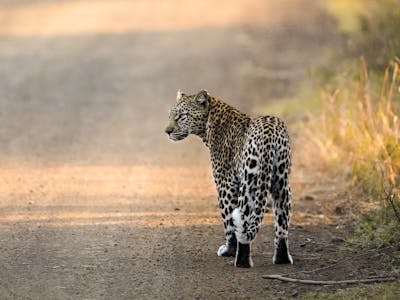
Welcome to the legendary Greater Kruger - the third largest protected wilderness in Africa, one of the few areas large enough to host a mega population of over 2,000 lions, and home to growing numbers of elephants. Not to mention one of the last places on Earth where you can still see African wild dogs, black and white rhino in the wild.
Joining this project in the heart of a UNESCO Biosphere Reserve, you could find yourself tracking rhinos through the bush on foot guided by a local expert, discovering the dedicated 24/7 care a rehabilitation centre provides for injured or orphaned animals, or searching for elusive lions and leopards at night.
This is your chance to immerse yourself in on-the-ground wildlife conservation in a vast and beautiful African wilderness filled with diverse wildlife - all while gaining local knowledge from conservation specialists.
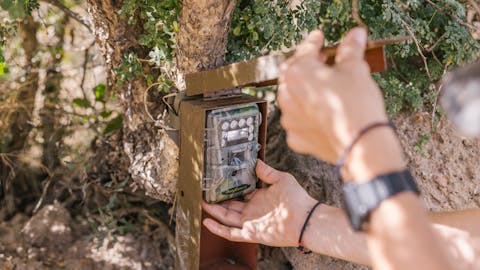
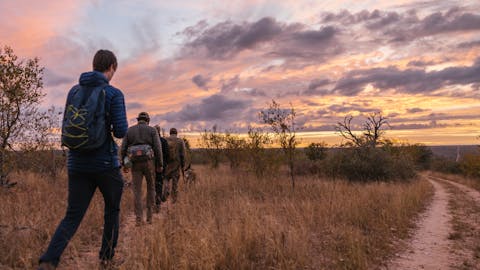
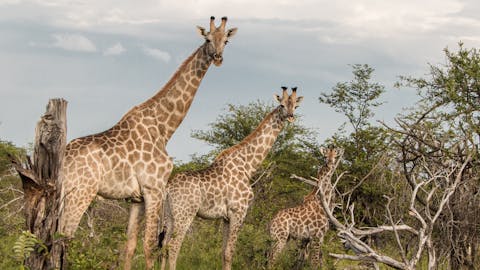
Track rhinos on a bush walk, spot lions on a night drive, see hippos and crocodiles from a riverboat, and visit a nearby animal rehabilitation centre. This project gives you the chance to roll up your sleeves and get insight into various aspects of conservation - even if you only have one week.
This project is located in the Great Limpopo Transfrontier Conservation Area (GLTCA), which is managed by the international Peace Parks foundation. Volunteering here, you’ll help preserve one of the few intact ecosystems large enough to support near self-sustaining populations of threatened species like elephants, lions and wild dogs.
Walking through the African bush, exploring remote areas that can’t be accessed by vehicles and immersing yourself in the smells and sounds of nature is a life-changing experience. You’ll be one of the lucky people who can say "I did that" and know what it means.
The Greater Kruger is one of only five areas in Africa with a mega population of 2,000+ lions and home to the largest numbers of white rhino on Earth. It’s also a stronghold for leopards, hyena and elephants - giving you the chance to see African wildlife thriving like nowhere else.
Vikela is located in a remote area of the Greater Kruger where animals can roam freely but human visitors are highly limited. This lets you see iconic animals up close, without the tarmaced roads and vehicles that are a common sight in the public Kruger Park.
Vikela’s passionate and knowledgeable team bring the bush environment to life, explaining the art and science of conservation during bushwalks, tracking and game drives.
The Kruger is home to the largest wild rhino population in Africa - and plays a vital role in the future of the species. You will actively help protect them from poachers by monitoring rhinos and passing on information to the anti-poaching team in the Greater Kruger.
As well as white and black rhinos you’ll monitor and record information on other key species such as lions, leopards, wild dogs, pangolins and spotted hyena.
Hidden away in a private area of Greater Kruger Park, your base camp is a comfortable place to unwind, offering stunning views of the surrounding landscape.
You’ll get involved in every aspect of project life. Depending on the monitoring and conservation priorities at the time, this will include a range of the following activities.
Ongoing monitoring of wildlife in the Greater Kruger is essential to understanding and protecting iconic African species. Depending on the work taking place at the time, this will include a range of the following activities.
You will get to observe and assist:
You could also observe or assist:
This experience also includes a variety of additional activities. You will get to:
You’ll learn about the behaviour, biology, ecology, and conservation issues of species living in the Greater Kruger area, as well as various bush skills. Depending on the project’s work at the time, this will include a range of the following topics.
This project contributes to a variety of the UN’s Sustainable Development Goals. As part of the team, so will you.
The content of this publication has not been approved by the United Nations and does not reflect the views of the United Nations or its officials or Member States.

By offering paid volunteering opportunities, the project attracts international funding that provides a means for the reserve team to monitor and protect the rhinos and other wildlife.

All volunteers acquire knowledge of practical conservation skills, how human actions can affect wildlife and how they can minimise this effect - and have access to the same standard of education regardless of sex and background.

Vikela Kruger provides equal employment opportunities for local women and men and equal volunteering opportunities for women and men outside the local community.

Vikela Kruger achieves access to safe and affordable drinking water by using boreholes to pump water from underground aquifers.

Vikela Kruger has implemented a modern solar energy system to power the project base camp efficiently and sustainably.

Vikela Kruger routinely employs young people between 15 and 24 and provides equal employment opportunities for local men and women. Volunteers provide both economic and physical support, which directly contributes to the protection of all the species in the reserve.

Through the financial support generated by self-funded international volunteers, Vikela Kruger have been able to implement a solar energy system that powers the project - thereby developing resilient and sustainable energy infrastructure in Africa.

Vikela Kruger builds sustainable and resilient buildings using materials that are locally sourced from within South Africa. The project also protects natural heritage through the conservation of iconic African species.

Vikela Kruger promotes responsible tourism in a variety of ways: through the creation of local jobs; by educating international and local visitors how to live in harmony with nature; and in its vital conservation work.

Vikela Kruger takes significant action to halt the loss of biodiversity and prevent the extinction of threatened species. By monitoring and protecting species within the Greater Kruger Park, they prevent the degradation of a vital large-scale ecosystem.
The project also takes urgent action to prevent poaching, by employing a highly skilled anti-poaching unit to protect wildlife in the reserve and Greater Kruger area.

Vikela Kruger employs an expert team of anti-poaching officers, who patrol the reserve to combat and deter poachers and reduce the unethical practices associated with their activities.

Through Vikela Kruger’s partnership with us, they draw in financial resources that are used to fund conservation and provide support to their community partners in South Africa.
Related experiences
Explore programs similar to this one.
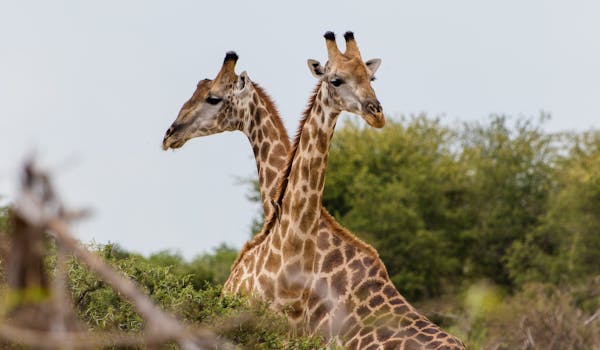
Visit three different projects in two countries to truly understand wildlife conservation in Africa
View details for From Famous Kruger To Remote Okavango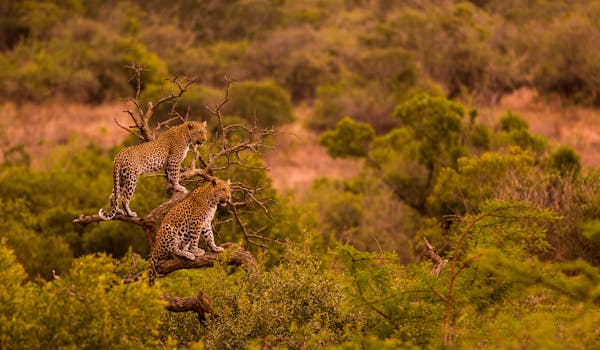
Explore a variety of animals in the Okavango Delta, home to the largest elephant population on Earth
View details for Okavango Wilderness Project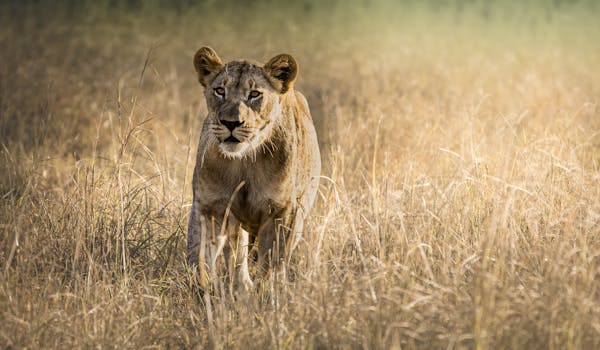
Go behind the scenes on a Big 5 reserve and join one of the biggest conservation success stories
View details for Phinda Wildlife Research Project
Go off the beaten track in a remote bush camp, and monitor lions, elephants and raptors
View details for Umsele Field Conservation Project - In Partnership With Balule & EWT